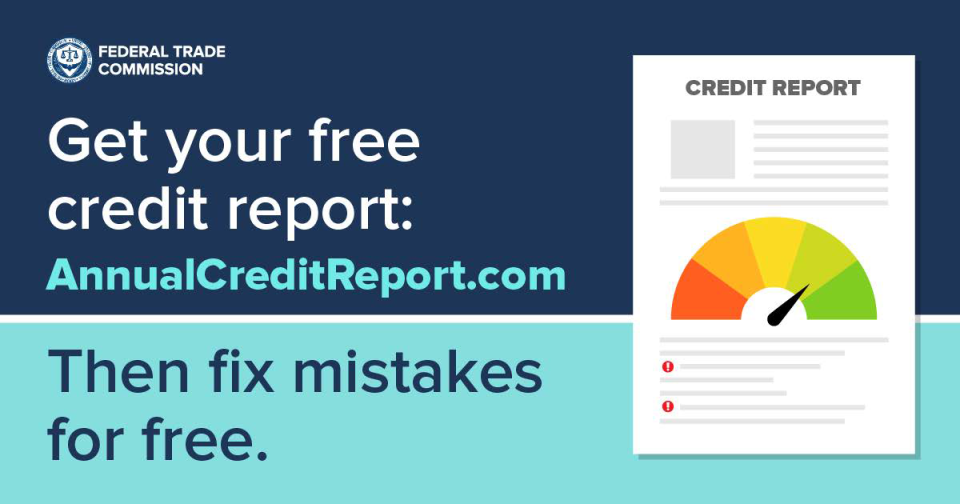Is there information on your credit report that’s correct, but not so good? Don’t believe ads that promise an easy fix. There are ways to fix mistakes on your credit report, but you can’t legally remove information that’s correct and up to date — and no one else can either, no matter what their ads promise.
An FTC case has put a stop to the deceptive practices of a group of businesses that advertised credit repair services on websites and social media. Financial Education Services, Inc. and a network of companies claimed they would permanently remove all negative information from peoples’ credit reports and improve their credit scores. The FTC says FES charged new customers hundreds of dollars in illegal upfront fees, gave them form letters to send to credit reporting agencies, and claimed the letters would get results. But according to the FTC, many times the credit reporting agencies didn’t make permanent changes after they got the letters.
Some people hire credit repair companies to help investigate mistakes on their credit reports. A credit repair company must explain your legal rights and total costs in a detailed contract before it starts work. It’s illegal for a company to charge you before it helps you.
You can do the same things a credit repair company can do legally, and it will cost you little or nothing. Here’s how:
- Get your free credit report from AnnualCreditReport.com. Equifax, Experian, and TransUnion offer free weekly reports online.
- Read the reports. If you see a mistake, write to the credit bureau and the business that reported the information. Use this sample dispute letter.
- Keep paying your bills on time, pay off debt, and don’t take on new debt: it will improve your credit.
If you have a problem with a credit repair company, or see a scam, fraud, or bad business practice, please tell the FTC at ReportFraud.ftc.gov.

